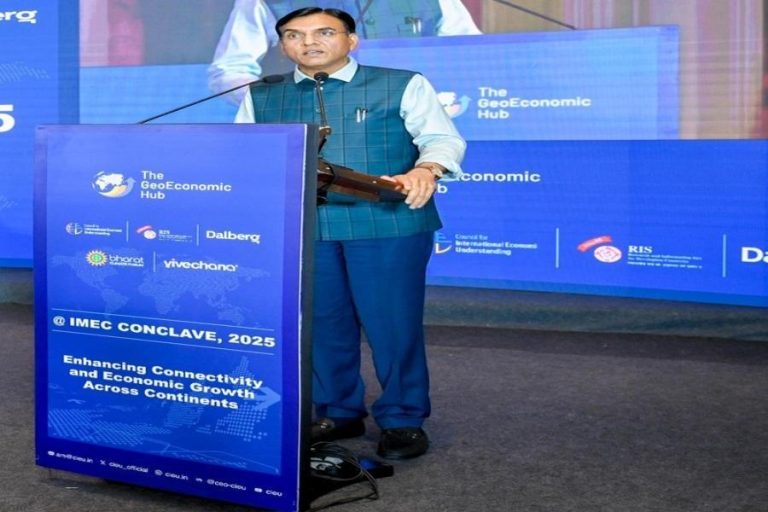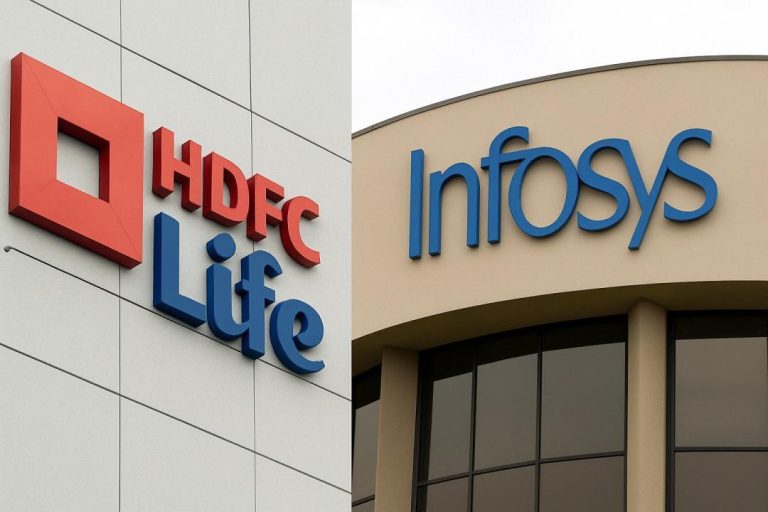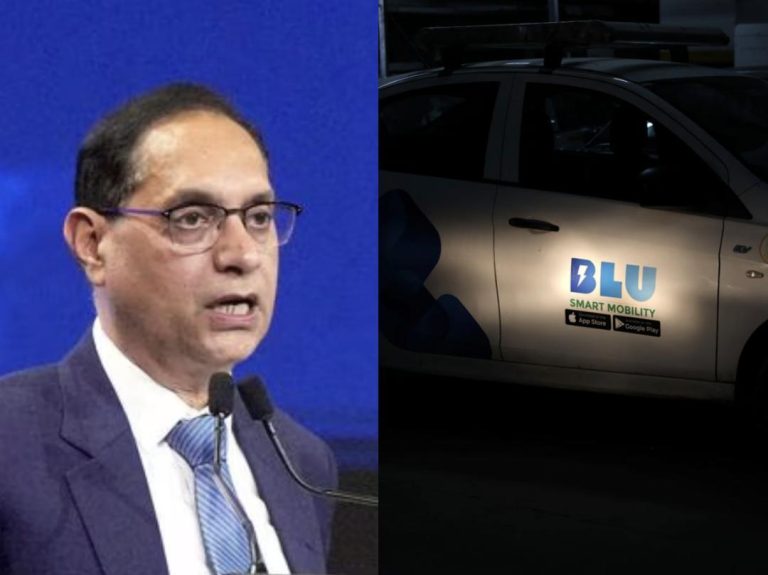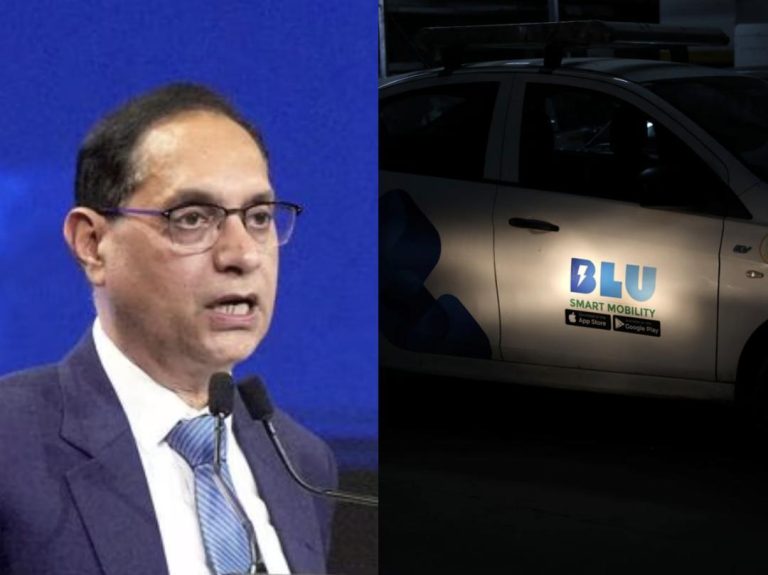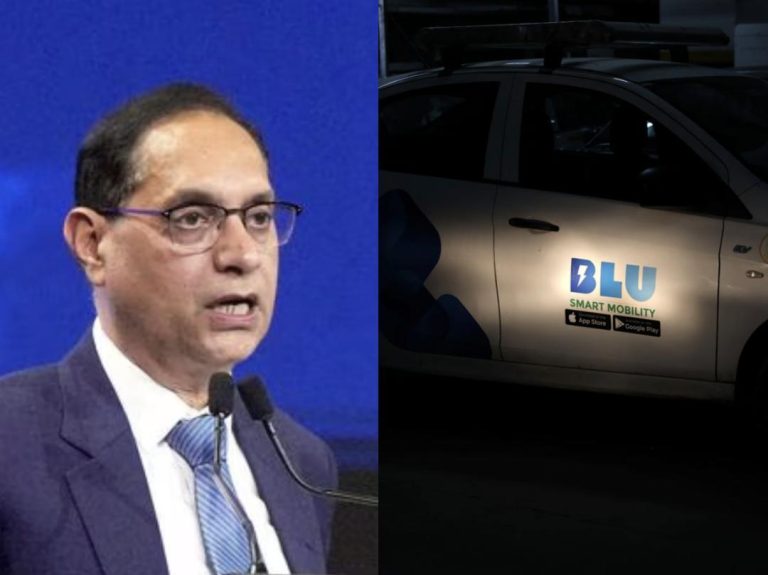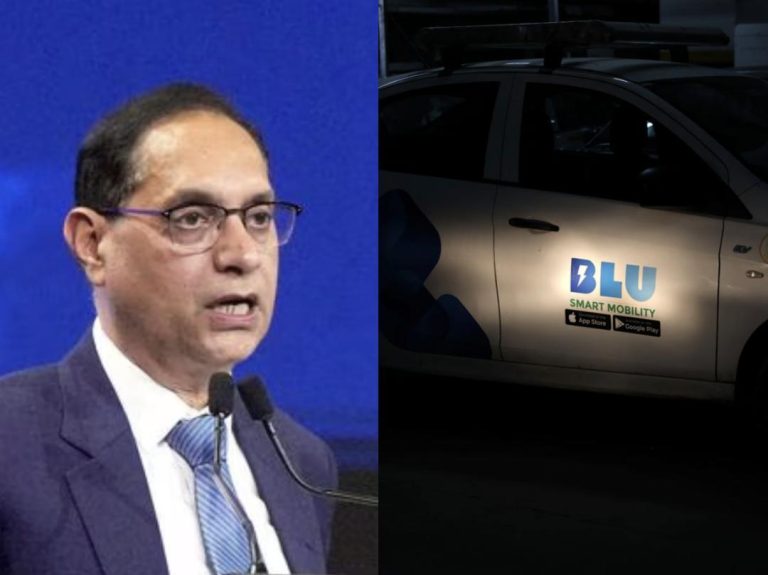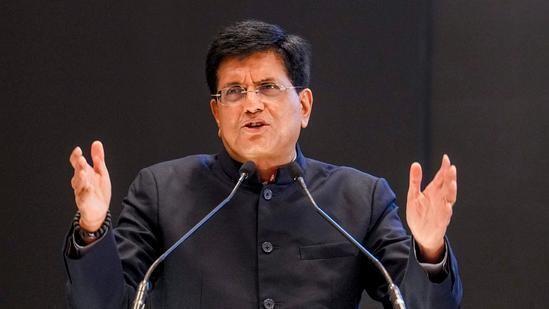
We’ll have speed, not haste: Goyal as India & UK resume FTA talks
In a significant development, the Indian government has announced that it will resume talks with the United Kingdom for a free-trade agreement (FTA). Union Minister of Commerce Piyush Goyal made the announcement after meeting with UK Business and Trade Secretary Jonathan Reynolds, signaling a renewed push to conclude the agreement.
The decision to restart negotiations comes after a brief hiatus, during which both countries had been engaged in a diplomatic spat. However, it seems that both sides have put their differences aside and are now focused on reaching a mutually beneficial agreement.
When asked if the FTA can be expected by this year, Goyal was characteristically optimistic, stating, “It’s never too late to conclude a good agreement… We’ll have speed but not haste.” This sentiment reflects the Indian government’s commitment to negotiating a high-quality agreement that benefits both countries, rather than rushing through a deal for the sake of expediency.
The resumption of talks is a welcome development for businesses and industries on both sides of the Atlantic. A comprehensive FTA would eliminate tariffs and non-tariff barriers, making it easier for companies to trade goods and services. This, in turn, would boost economic growth, create jobs, and increase competitiveness.
The Indian government has been pushing for an FTA with the UK since the Brexit vote in 2016. The agreement would be a significant milestone in India’s economic diplomacy, as it would mark the country’s first major trade pact with a member of the G7 group of nations.
In recent years, the Indian economy has been growing at a steady pace, driven by a range of factors including a young and growing population, a rapidly expanding middle class, and a surge in foreign investment. However, the economy still faces a number of challenges, including a complex tax system, outdated regulatory frameworks, and a lack of infrastructure in certain sectors.
An FTA with the UK would help address some of these challenges by providing a platform for Indian businesses to expand their operations and increase their exports. The agreement could also help Indian industries, such as pharmaceuticals, textiles, and automobiles, to compete more effectively in the global market.
The UK, too, has a lot to gain from an FTA with India. The country has been seeking to increase its trade ties with emerging markets, and an agreement with India would be a significant step in this direction. The UK is also looking to strengthen its economic ties with Asia, and an FTA with India would provide a platform for British businesses to expand their operations in the region.
In recent years, the UK has been actively engaged in trade negotiations with a number of countries, including the United States, Australia, and New Zealand. An FTA with India would be a significant addition to the UK’s trade portfolio, and would demonstrate the country’s commitment to promoting free and open trade.
The resumption of FTA talks between India and the UK is a significant development that has the potential to boost economic growth, create jobs, and increase competitiveness. The agreement would also provide a platform for Indian and British businesses to collaborate and innovate, driving economic progress and prosperity on both sides of the Atlantic.
As Goyal said, “It’s never too late to conclude a good agreement… We’ll have speed but not haste.” This sentiment reflects the Indian government’s commitment to negotiating a high-quality agreement that benefits both countries, rather than rushing through a deal for the sake of expediency.
In conclusion, the resumption of FTA talks between India and the UK is a welcome development that has the potential to drive economic growth, create jobs, and increase competitiveness. The agreement would provide a platform for Indian and British businesses to collaborate and innovate, driving economic progress and prosperity on both sides of the Atlantic.
